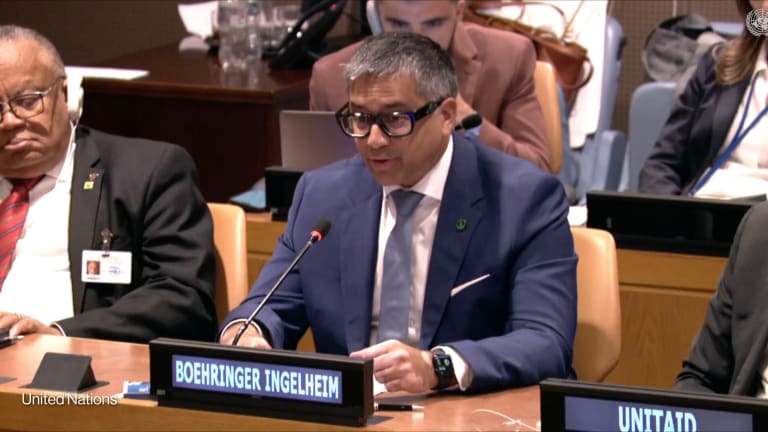One year on from the Russian invasion of Ukraine, data from the World Health Organization reveal a growing health crisis.
About 44% of people in liberated areas are seeking health care for chronic conditions, such as kidney and heart disease. One in 3 people can no longer afford to buy medicines. An estimated 10 million people may have a mental health condition.
All this is happening against a backdrop of continued attacks on health care in the country. Since the war started, WHO has recorded more than 800 attacks on health care, a huge majority of which damaged or destroyed facilities, including hospitals and pharmacies.
Printing articles to share with others is a breach of our terms and conditions and copyright policy. Please use the sharing options on the left side of the article. Devex Pro members may share up to 10 articles per month using the Pro share tool ( ).








